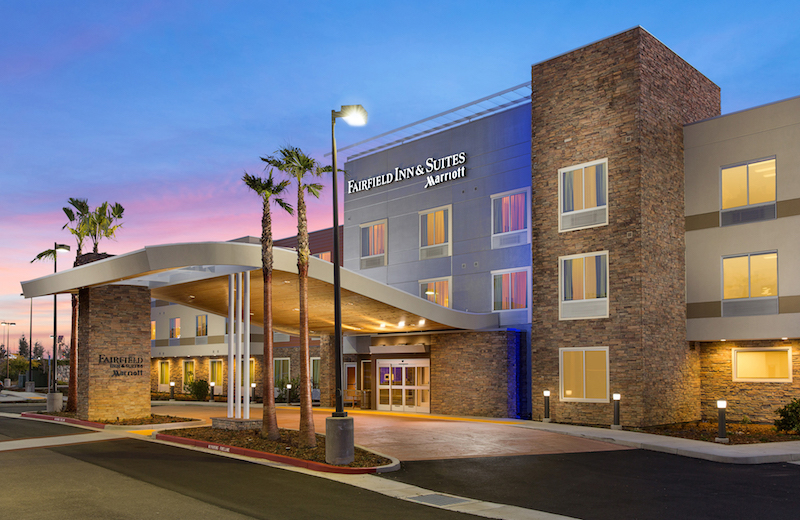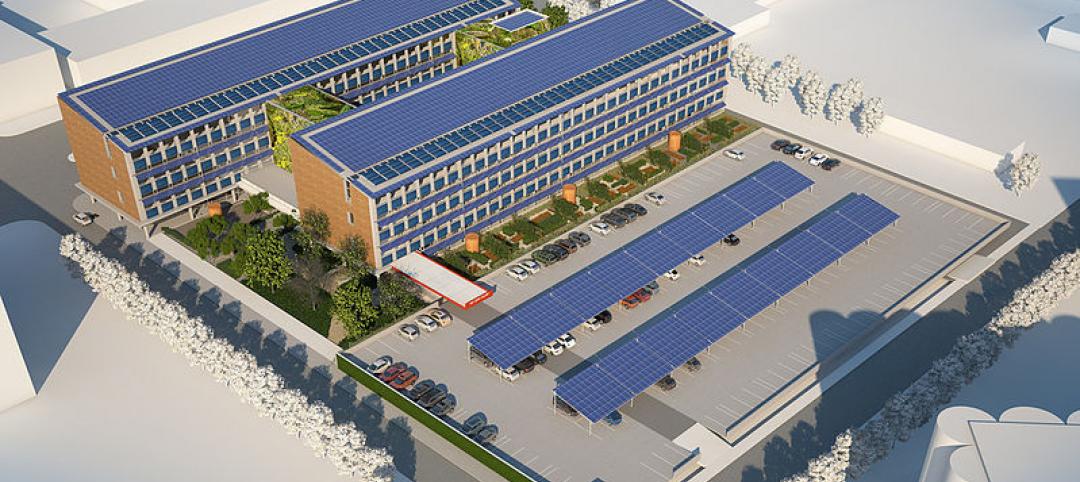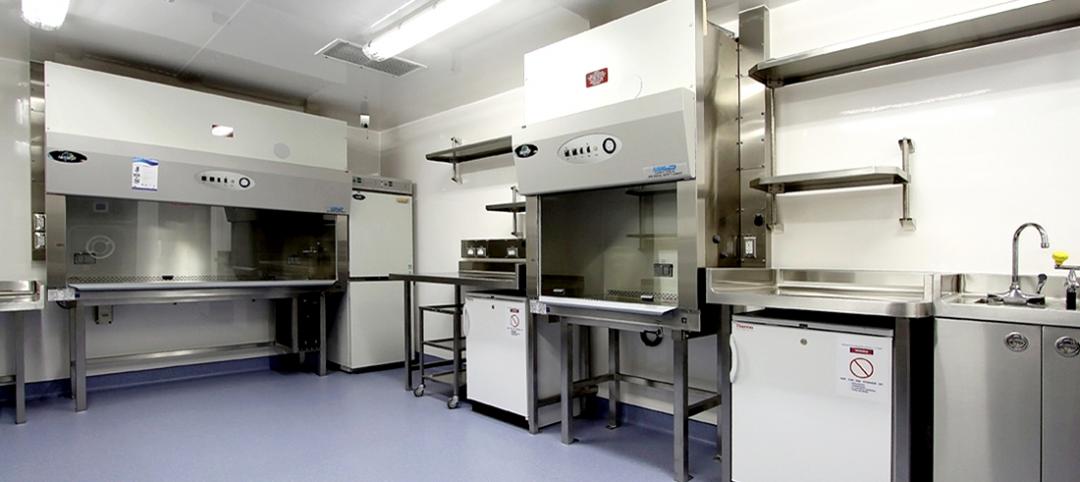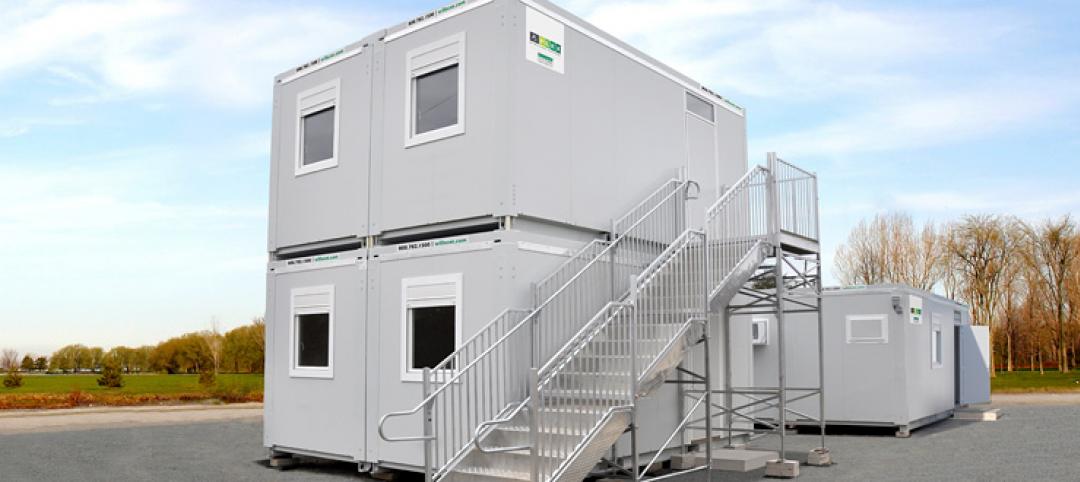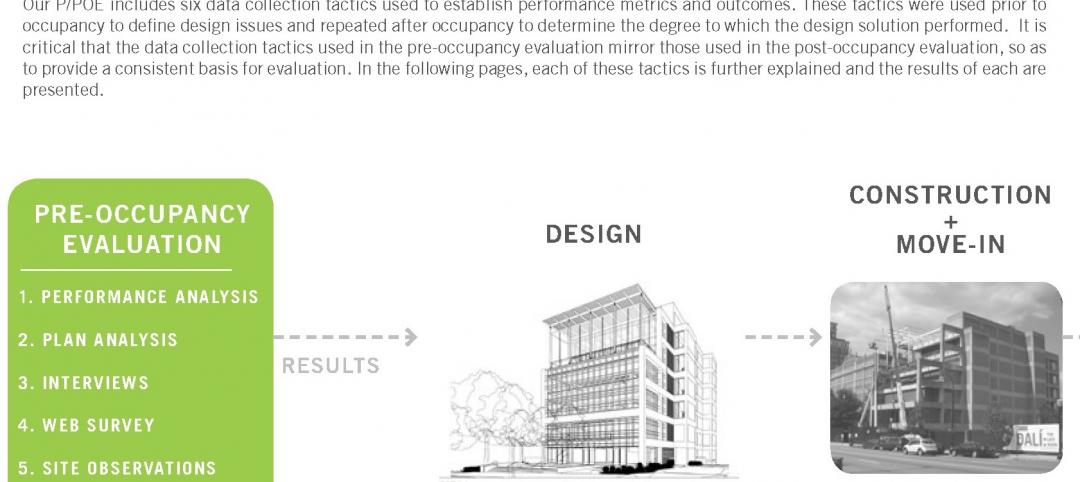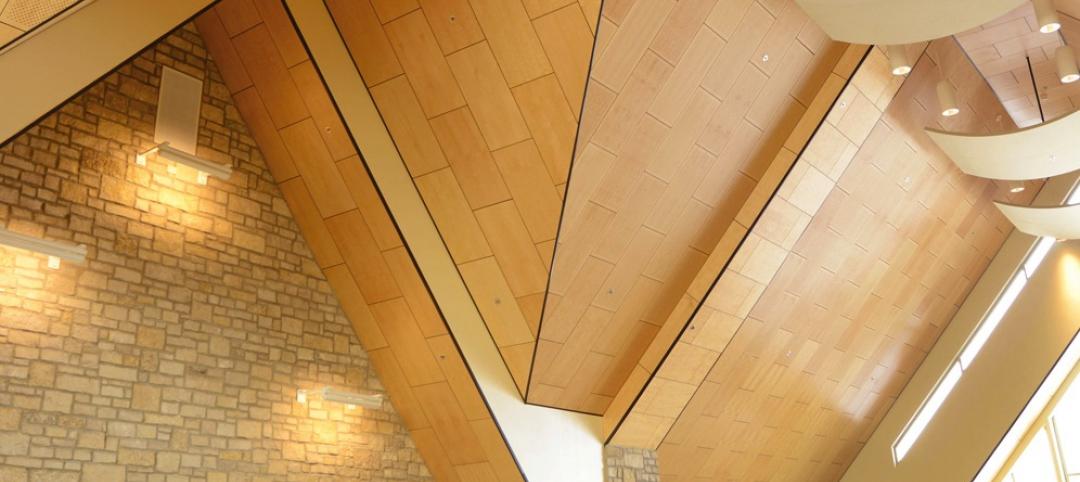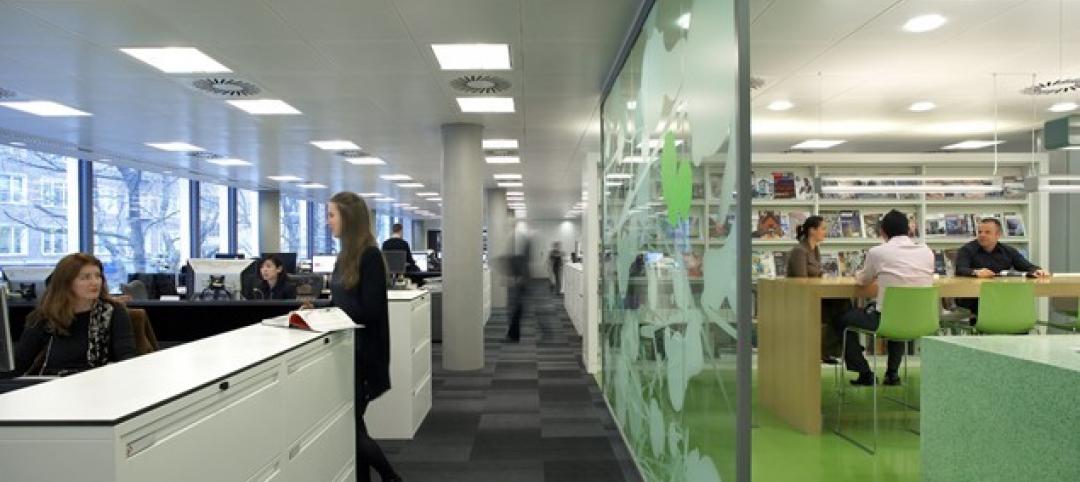The Fairfield Inn in Folsom, CA was Marriott’s first hotel built using offsite construction methods. Guerdon Modular Buildings, a member of the Modular Building Institute, harnessed hybrid techniques while building the 97 room, 52-module hotel.
All the suites on the first floor and the entire second and third floors are made up of modules while half the first floor, including the entry way, pool, and other amenities were site-built. This created a unique challenge as half the building was built on a crawl space and the other half of the building (the site-built portion) was built on a slab foundation. Each module is configured to contain two rooms and a portion of the corridor. Select modules on the second-floor jetty out over the first-floor modules adding some architectural design as well as allowing for greater guest space in the upper floors. Modular construction is a perfect fit for hotel construction given the slim room profiles, double loaded corridor and duplicating room pattern.
Only 275 days elapsed from groundbreaking to occupancy, allowing the developer to begin collecting revenues five months earlier than if the building had been constructed using traditional on-site techniques. The timing is especially significant when noting the downturn of the labor market; halfway through the project, the general contractor experienced a difficult time sourcing subs, but the project timeline was not significantly derailed because approximately 80 percent of the work had already been completed out of state, in a market that was mostly unaffected by the labor shortage.
A major innovation born from this project was installing the room furniture, fixtures, and equipment while at the factory. Requested by the client, the practice has now become standard for most hotels that we build. Furniture, fixtures and equipment includes beds, sofas, chairs, desks, end tables, lamps, art, and more. Even operating supplies like pillows, blankets, soap, coffee makers, and more were included in the rooms, tied down for shipping. The factory installation of these items had multiple benefits; saved site crews time, reduced trade damage, eliminated storage and theft issues, and helped the housekeeping staff get the hotel open sooner. In practice, it is possible for housekeeping staff to prep and ready the rooms for guests in as little as three hours.
COMPANY INFORMATION:
Modular Building Institute
944 Glenwood Station Lane, Suite 204
Charlottesville, Virginia 22901 USA
Phone: 434-296-3288
Email: communications@modular.org
Related Stories
| Oct 9, 2014
Regulations, demand will accelerate revenue from zero energy buildings, according to study
A new study by Navigant Research projects that public- and private-sector efforts to lower the carbon footprint of new and renovated commercial and residential structures will boost the annual revenue generated by commercial and residential zero energy buildings over the next 20 years by 122.5%, to $1.4 trillion.
Sponsored | | Oct 7, 2014
Containing healthcare crises with modular units
With the recent news of the first Ebola case diagnosed in the U.S., there’s a lot of chatter about the possibility of a widespread outbreak in America. SPONSORED CONTENT
Sponsored | | Oct 1, 2014
Make space for Williams Scotsman
Can you guess what enables groundbreaking medical procedures, instruction of our future leaders, and meeting space for energy exploration professionals? The answer is modular space solutions. SPONSORED CONTENT
Sponsored | | Sep 30, 2014
How project managers can manage technology
Not long ago, the role of a construction project manager revolved around working with people: employees, vendors, consultants, designers, subcontractors and owners. Today, project managers primarily manage information. SPONSORED CONTENT
| Sep 24, 2014
5 business lessons from a 43-year Star veteran
Mary Ed Cain was supposed to be born a boy. That was the first time she surprised everyone. The second time came on a daily basis during her 43-year career at Star Building Systems. SPONSORED CONTENT
| Sep 24, 2014
Architecture billings see continued strength, led by institutional sector
On the heels of recording its strongest pace of growth since 2007, there continues to be an increasing level of demand for design services signaled in the latest Architecture Billings Index.
| Sep 22, 2014
4 keys to effective post-occupancy evaluations
Perkins+Will's Janice Barnes covers the four steps that designers should take to create POEs that provide design direction and measure design effectiveness.
| Sep 22, 2014
Sound selections: 12 great choices for ceilings and acoustical walls
From metal mesh panels to concealed-suspension ceilings, here's our roundup of the latest acoustical ceiling and wall products.
| Sep 9, 2014
Using Facebook to transform workplace design
As part of our ongoing studies of how building design influences human behavior in today’s social media-driven world, HOK’s workplace strategists had an idea: Leverage the power of social media to collect data about how people feel about their workplaces and the type of spaces they need to succeed.
| Sep 7, 2014
Behind the scenes of integrated project delivery — successful tools and applications
The underlying variables and tools used to manage collaboration between teams is ultimately the driving for success with IPD, writes CBRE Healthcare's Megan Donham.


